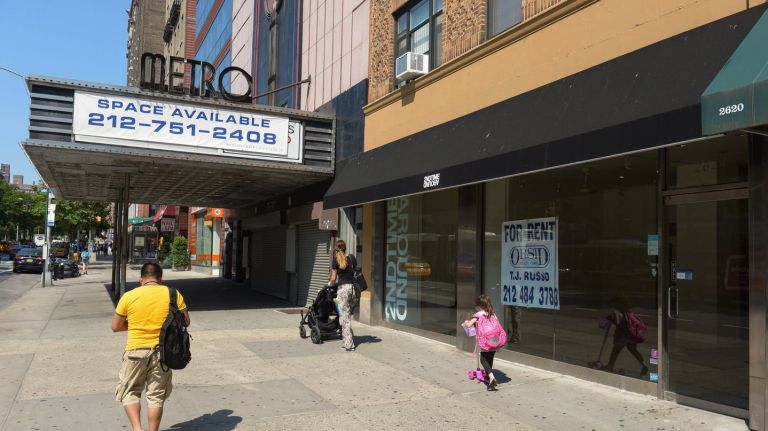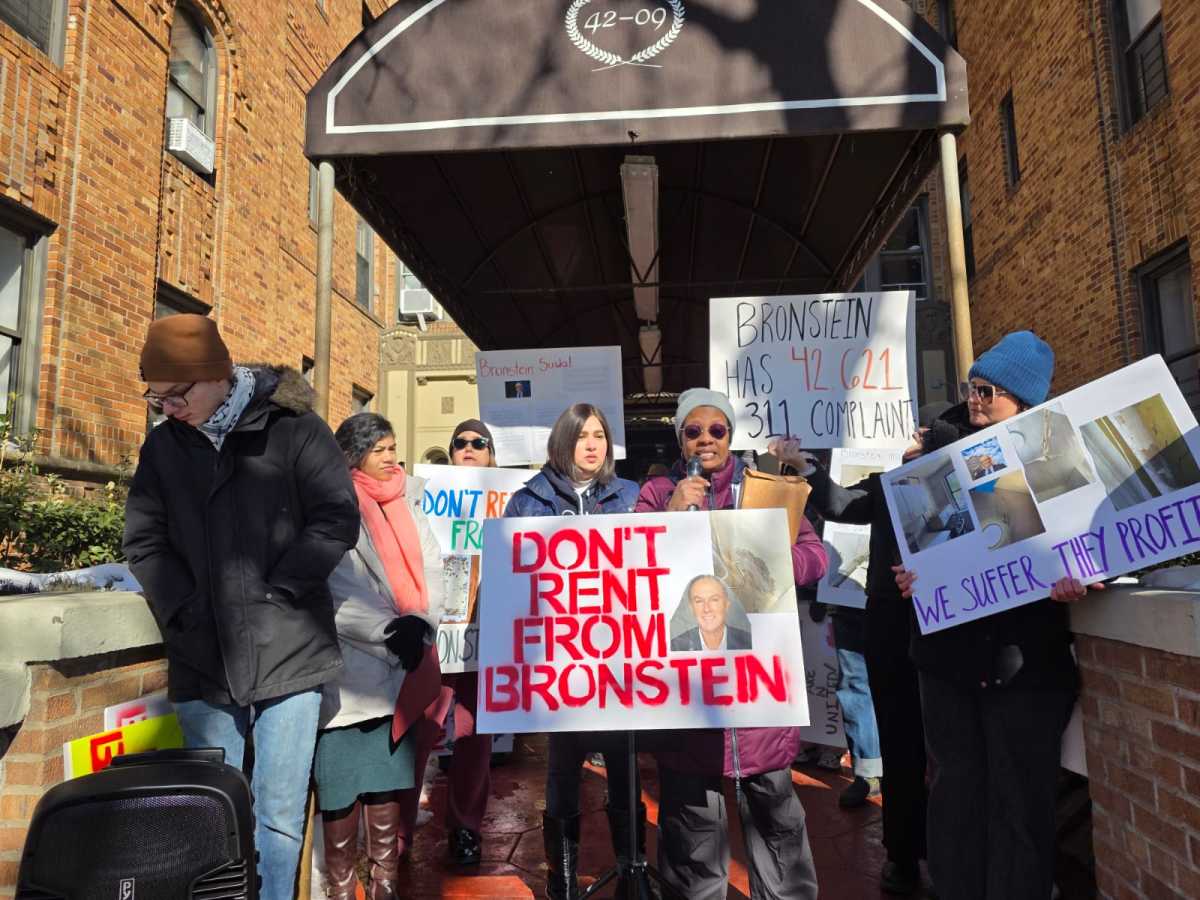
During her final weeks as City Council Speaker, Melissa Mark-Viverito has made it her business to provide a bevy of retail-boosting proposals for the next round of councilmembers to consider.
Mark-Viverito pledged in her 2016 State of the City Address to study how land-use policies and tax incentives could strengthen small businesses, particularly those struggling to keep up with rising rents and those displaced as storefront after storefront become vacant.
Later this week, Mark-Viverito along with the chairs of the Council committees on land use, small businesses, and zoning and franchises, plan to release a 70-page report with recommendations on how to better support the more than 50,000 retailers and restaurants in the city employing nearly 610,000 individuals.
“Much of the economic engine of our city is contained in the countless storefronts that line our blocks,” Mark-Viverito said in a statement. “It is our hope that this report will serve as a blueprint for comprehensive policy to foster retail diversity, affordability, and access throughout all New York City neighborhoods.”
The report’s first suggestions are to imbue the city’s Department of Small Business Services with the power to direct retail policies, including developing land-use proposals and guiding them through the city’s review process. Currently, the department contracts with the city’s Economic Development Corporation, which drives large redevelopment projects.
But having officials who deal with small businesses day-to-day get involved could help, according to Councilman Donovan Richards Jr., chair of the Committee on Zoning and Franchises.
“I just see it as us now giving them a little bit more tools,” Richards said. “It’s enabling the city to really take the lead because … [private developers] have not been as sensitive to ensuring that affordable retail is being offered to communities.”
Beyond urging the city to conduct more reporting on commercial district needs and vacant storefronts, the report urges the city to work with communities interested in limiting storefront sizes and examine calls to restrict chain stores and restaurants.
But the document also calls for expanding commercial space in some communities, including allowing retail in the ground floors of underused buildings and other parts of New York City Housing Authority campuses.
Jonathan Bowles, executive director of the Center for an Urban Future, a think tank focused on increasing economic mobility, praised the focus on both relatively affluent areas, where stores are shuttering, and other, typically lower-income, less-dense communities where little retail exists.
“You can’t have a one-size, fits-all policy,” Bowles said. “There’s some neighborhoods, particularly in Manhattan, that are clearly oversaturated with chains, but then there’s chunks of the city that would absolutely love a national retailer.”
The report does not take a stance on commercial rent control, a policy small business advocacy groups have been prioritizing, but which the real estate industry’s chief lobbying group, the Real Estate Board of New York, has previously raised legal concerns about.
Instead, the document proposes a new tax abatement that would incentivize landlords to sign 10-year leases with an “affordable” renewal rider dictating how much the rent could be raised.
Such a move would need approval from the state. Gov. Andrew Cuomo’s office, the state Senate majority leader’s office and the Assembly speaker’s office did not immediately comment on the idea. Neither did Mayor Bill de Blasio’s team.
Robert Schwartz, president of the comfort shoe business Eneslow Pedorthic Enterprises, was optimistic about the abatement.
“If we could really get tax abatement, particularly the ones that are passed onto the tenants, that would be a major help,” Schwartz said.
Steve Flynn, who owns Amsterdam Wine Co., said he would prefer commercial rent control or stabilization because he is concerned the abatement may not have the impact envisioned.
“It is a good start, but it’s 25 years too late,” Flynn said of the report. “I’ve lived in the city for 25 years and I have seen the soul and the character of the city been beaten down because of the loss of small businesses.”
Richards said the report’s silence did not signify a commercial rent stabilization program has been taken off the table.
“The abatement is good — it’s definitely an important step in incentivizing affordable leases,” he said. “I would not say that the stabilizaton is dead; it’s still a conversation we have to entertain moving into the next session.”





































